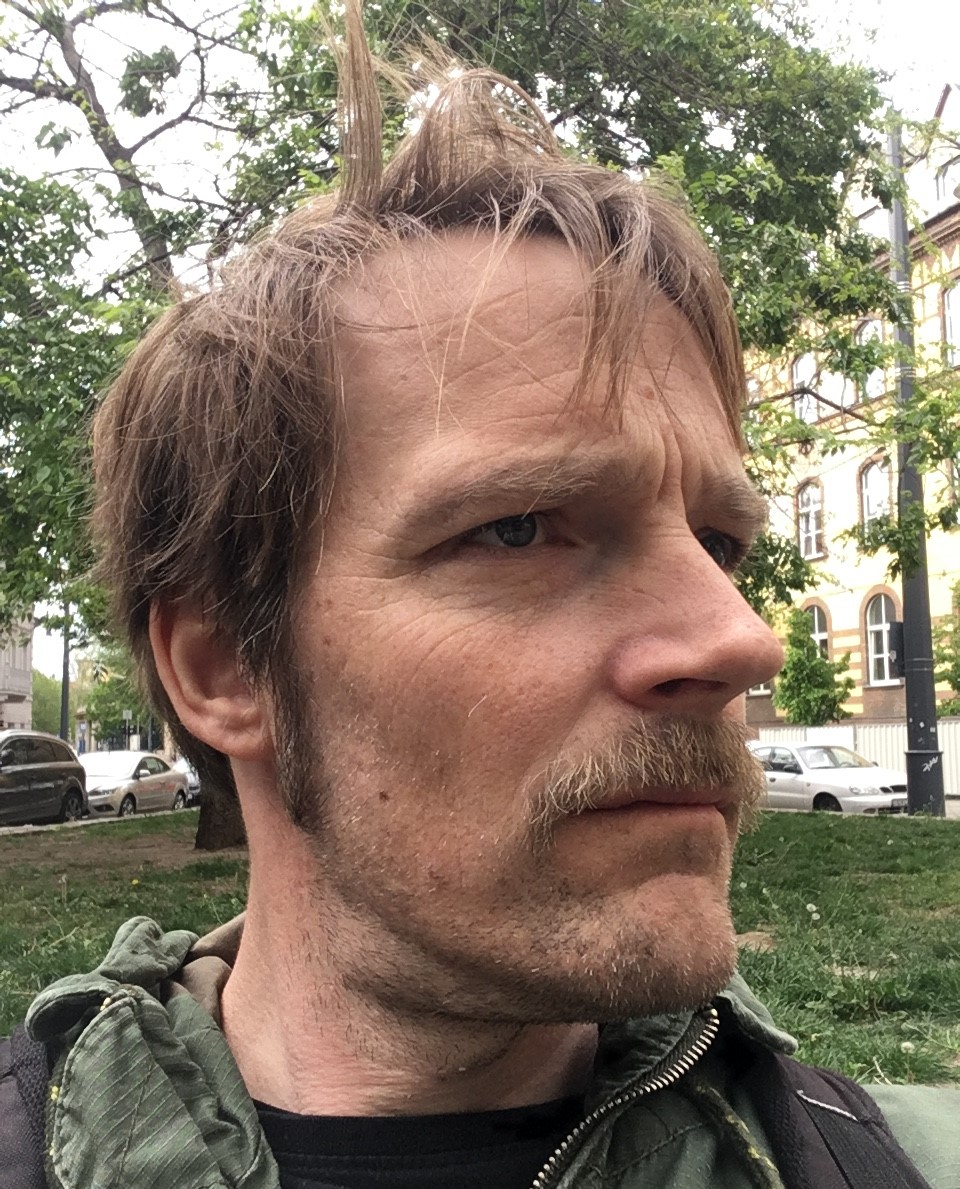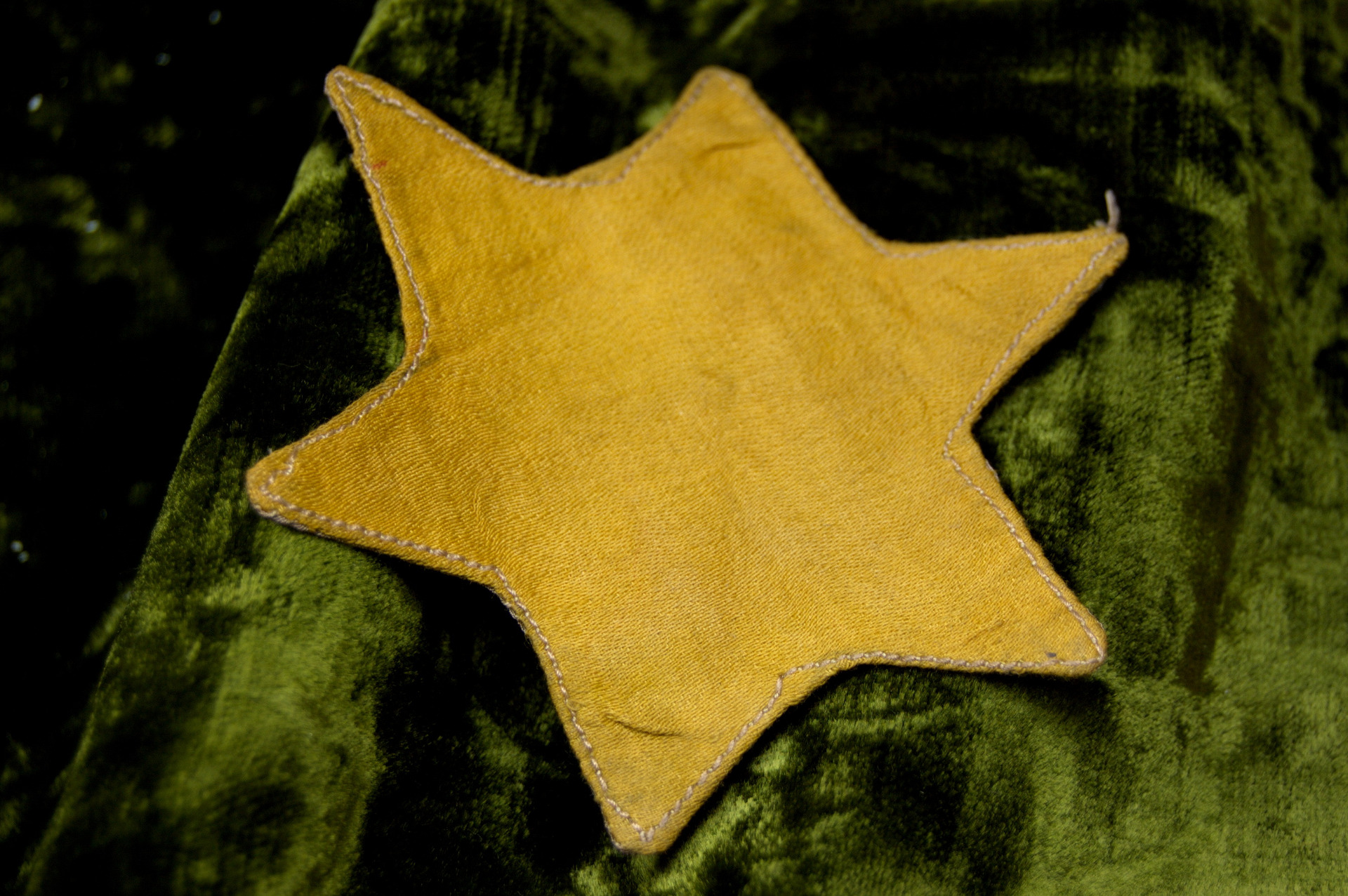
Researchers
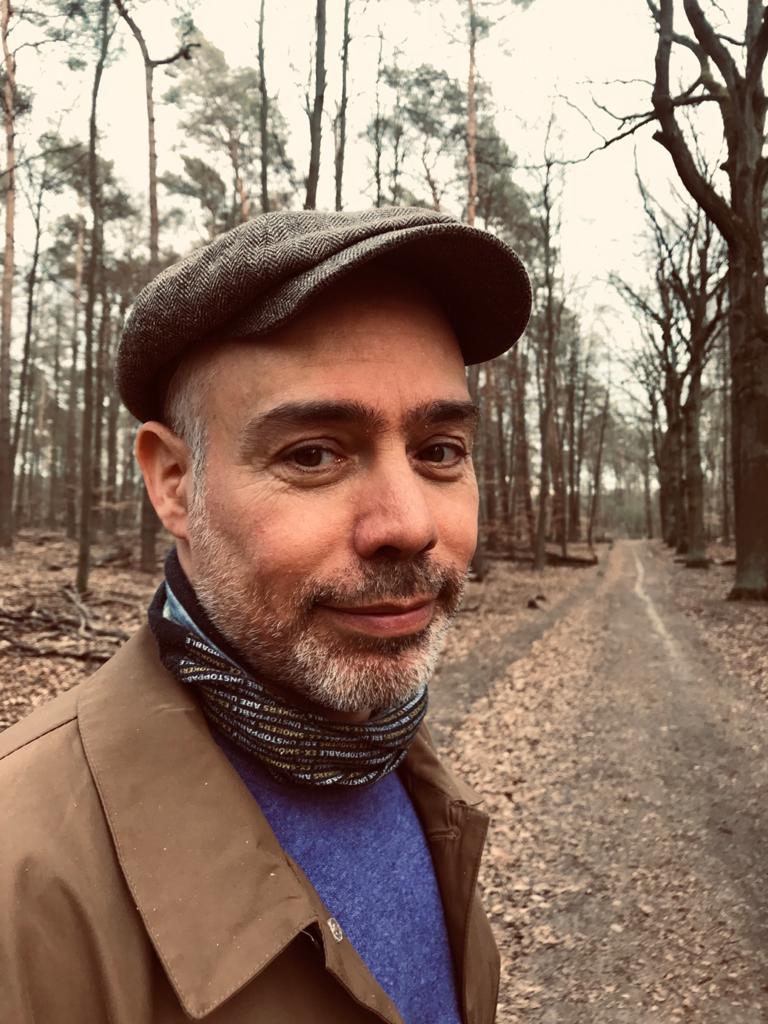
István Pál Ádám
Istvan Pal Adam holds a PhD in history from the University of Bristol. His book about the Budapest concierges' role in the Hungarian Holocaust was published by Palgrave Macmillan in English, and by Park in Hungarian. Since July 2022, he is employed as a historian by the Holocaust Memorial Center of Budapest. Istvan's research interests include the history of the Holocaust, the social history of various professions and their relations to antisemitism in
Central and Eastern Europe.
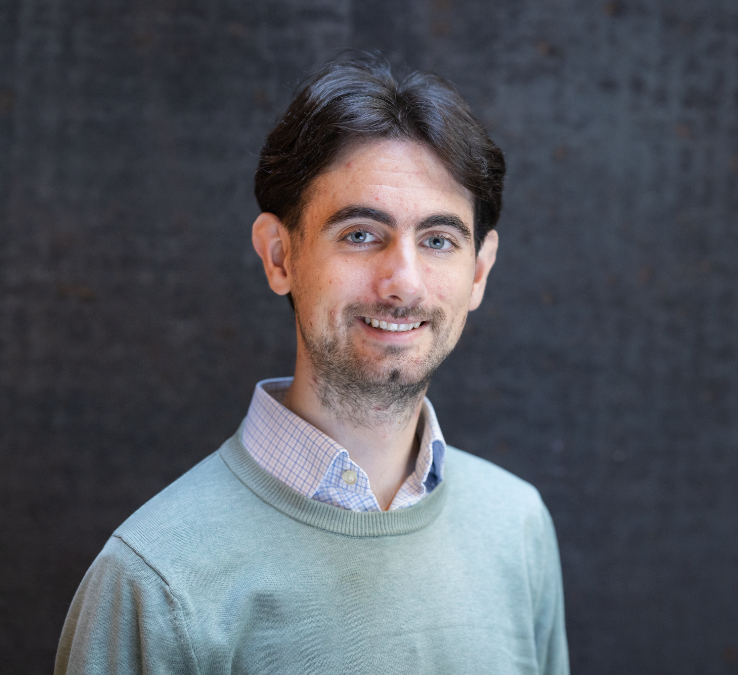
Barnabas Balint
Barnabas Balint earned his doctorate in history at Magdalen College,
University of Oxford. His dissertation focused on a generation of
Hungarian Jewish youth during the Holocaust. His postdoctoral research
builds on this work, examining Jewish responses and
resistance during the Holocaust. He is currently a Visting Fellow at
the University College London Institute of Advanced Study. He has
previously been a Research Fellow at the United States Holocaust
Memorial Museum, the University of London Institute of Historical
Research, the European Holocaust Research Infrastructure (Yad Vashem),
and the USC Center for Advanced Genocide Research. He has published
extensively in
Holocaust and Genocide Studies, European Review of History, Jewish Culture and History, and
The Journal of Holocaust Research.
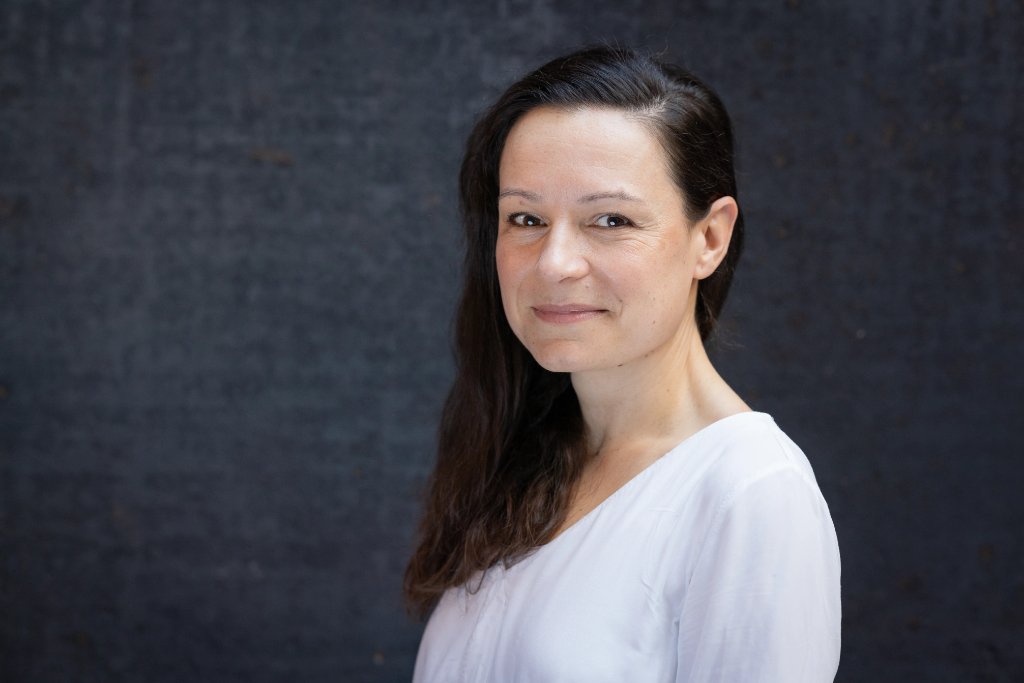
Kata Bohus
Kata Bohus is senior research advisor at UiT The Arctic University of Norway where she teaches in the Norwegian Research School in History. She earned her Ph.D. in comparative history from Central European University in 2014. She was a post-doctoral researcher at the Lichtenberg Kolleg at the University of Göttingen in Germany between 2014 and 2016. Later, she worked as researcher/curator, cross-appointed by the Jewish Museum Frankfurt and the Leibniz Institute for Jewish History and Culture – Simon Dubnow. Her research focuses on post-Holocaust European Jewish history and Holocaust memory.
Lóránt Bódi
Lóránt Bódi is a cultural historian and editor, currently Research Fellow at the Vienna Wiesenthal Institute for Holocaust Studies. He previously worked at the Hungarian Academy of Sciences and lectured at several universities in Budapest. Bódi earned his PhD at ELTE, with research stays in Paris (EHESS) and Potsdam (ZZF). He serves as editor-in-chief of Café Bábel and co-hosts the antifascist history podcast No Pasarán! at Partizán Media. His research focuses on the history and cultural memory of the Holocaust, and authoritarian regimes in Eastern Europe.
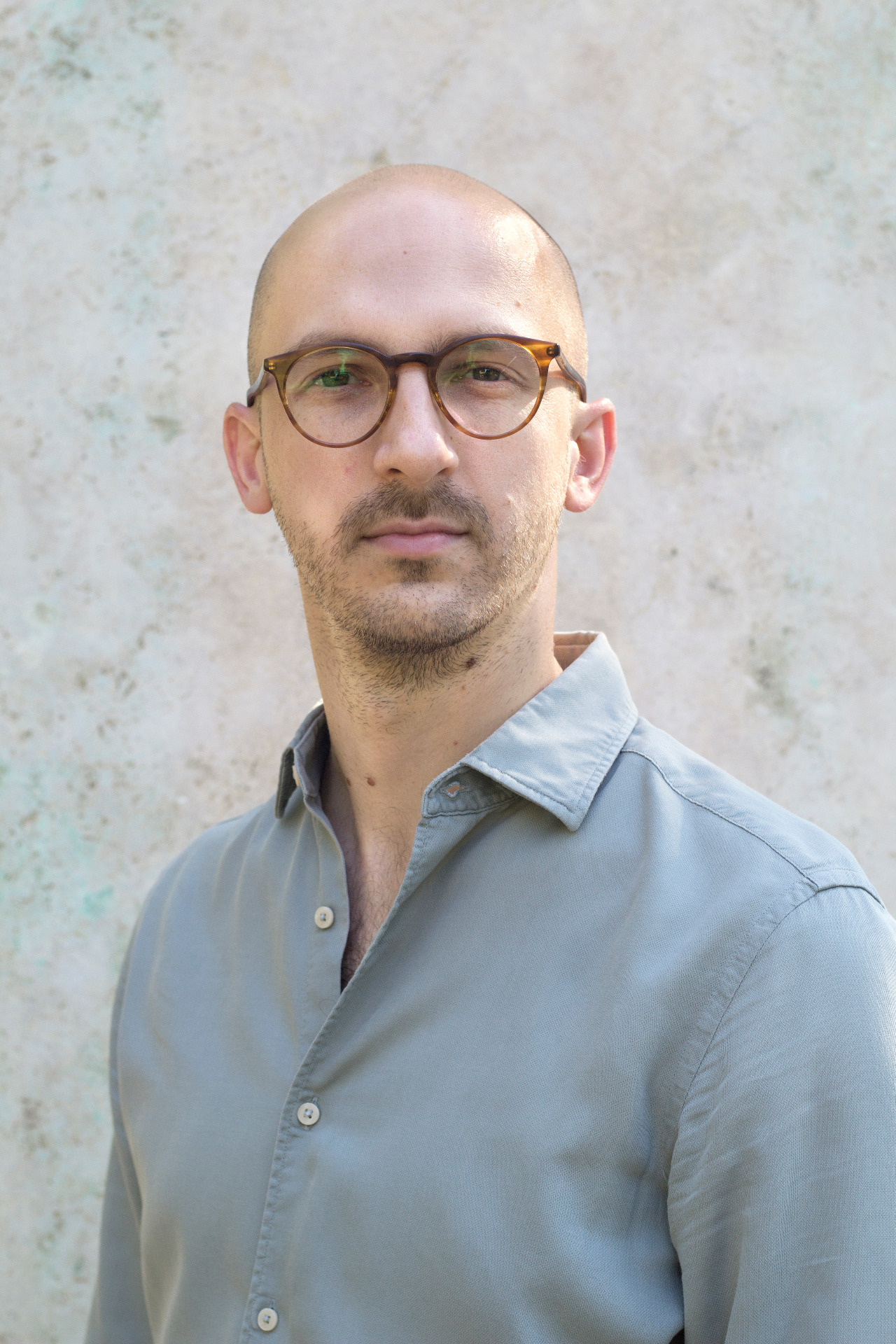
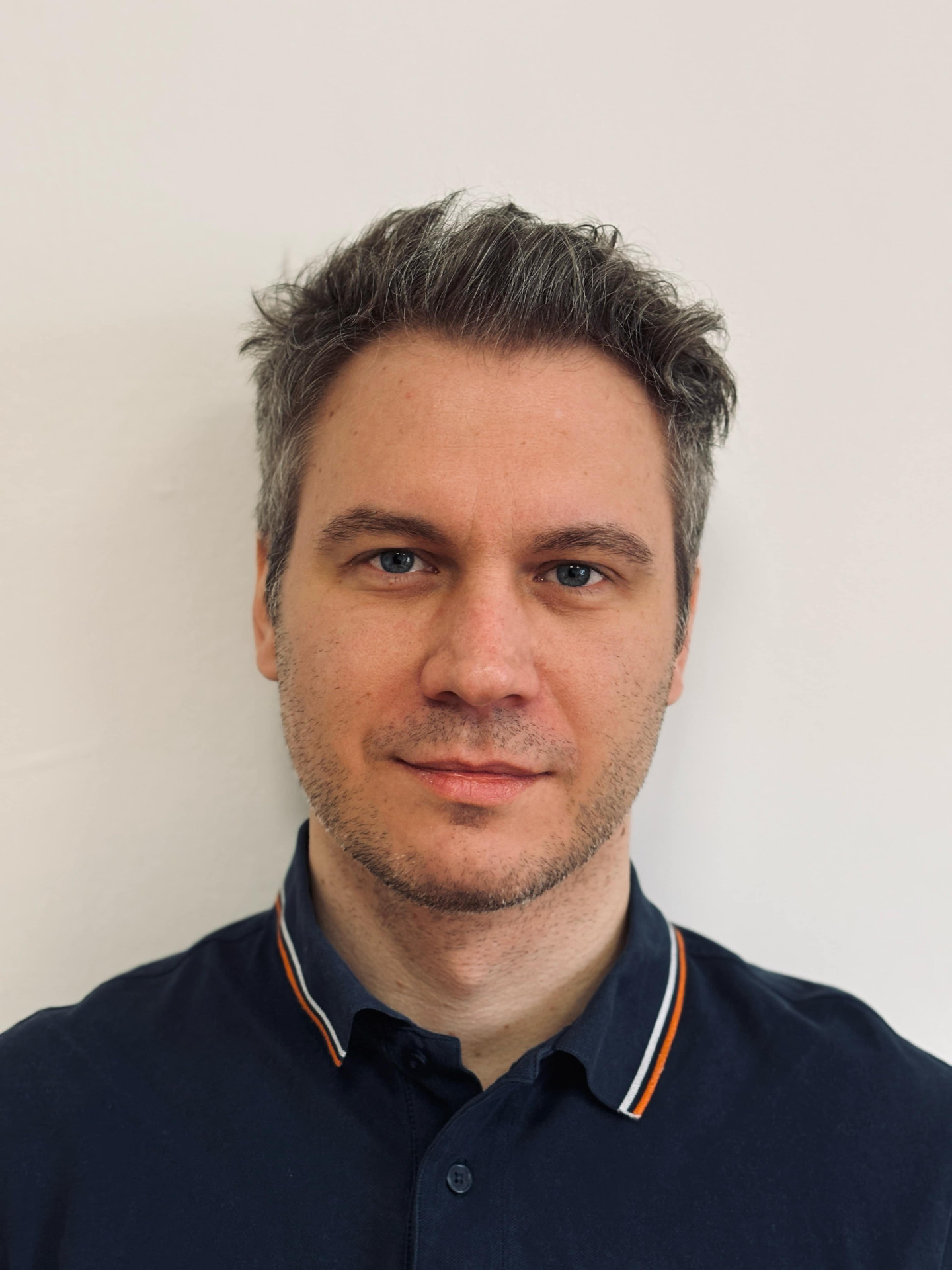
Péter Buchmüller
Péter Buchmüller is a PhD candidate at the Department of Historical Studies/Jewish Studies Program, Central European University. The subject of his dissertation is the history of Jewish lawyers in Hungary and the issue of antisemitism within the profession. In 2023-2024, he taught two courses on the history of Central European Jewry at Eötvös Loránd University. In 2024-2025, he was a recipient of the Saul Kagan Academic Fellowship in Advanced Shoah Studies at the Claims Conference.
Regina Fritz
Regina Fritz is an assistant professor at the Department of Contemporary History at the University of Vienna. From 2016 to 2025, she was a PostDoc assistant at the Institute of History (University of Bern) and project coordinator for the SNF project "Epicenter of Territorial Revisionism. The Carpatho-Ukraine under Multiple Border and State Control Changes, 1914-1946." From 2012 to 2016, she worked on volume 15, "Hungary and Annexed Territories 1938-1945," as part of the editorial project "Persecution of Jews 1933-1945" (Institute for Contemporary History Munich-Berlin). Her doctoral thesis, published in 2012 by Wallstein Verlag, dealt with Hungary's politics of history after World War II.
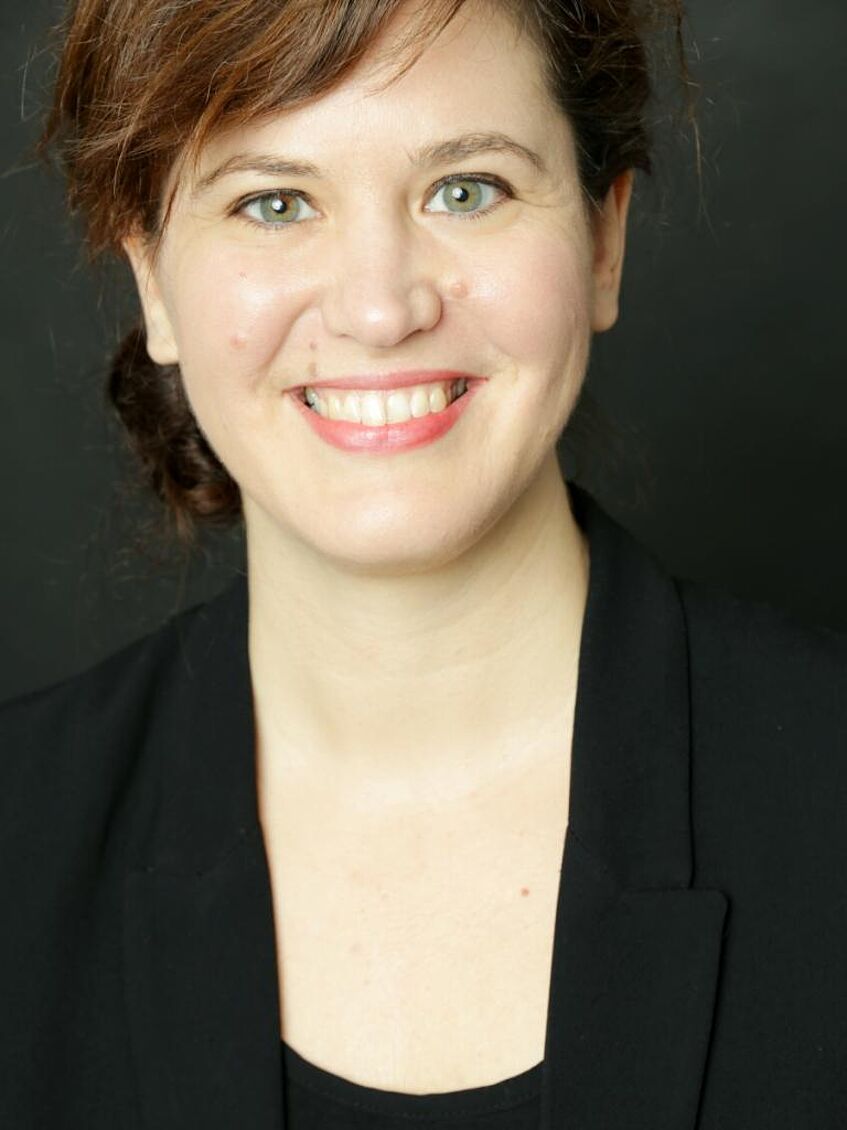
Heléna Huhák
Heléna Huhák (Ph.D.) is a historian focusing on the personal sources of the Hungarian Holocaust, everyday life, and the social history of Hungarian deportees in concentration and forced labor camps. She is a research fellow at the Institute of History, Research Centre for the Humanities (Hungary). Over the last few years, she researched several archives in Hungary, Germany, the US, and Israel. In 2023, she was awarded the Advanced Holocaust Studies Fellowship from the USHMM and the Yad Vashem Postdoctoral Fellowship. She is currently working on a monograph on the Hungarian Jewish camp camp diaries.
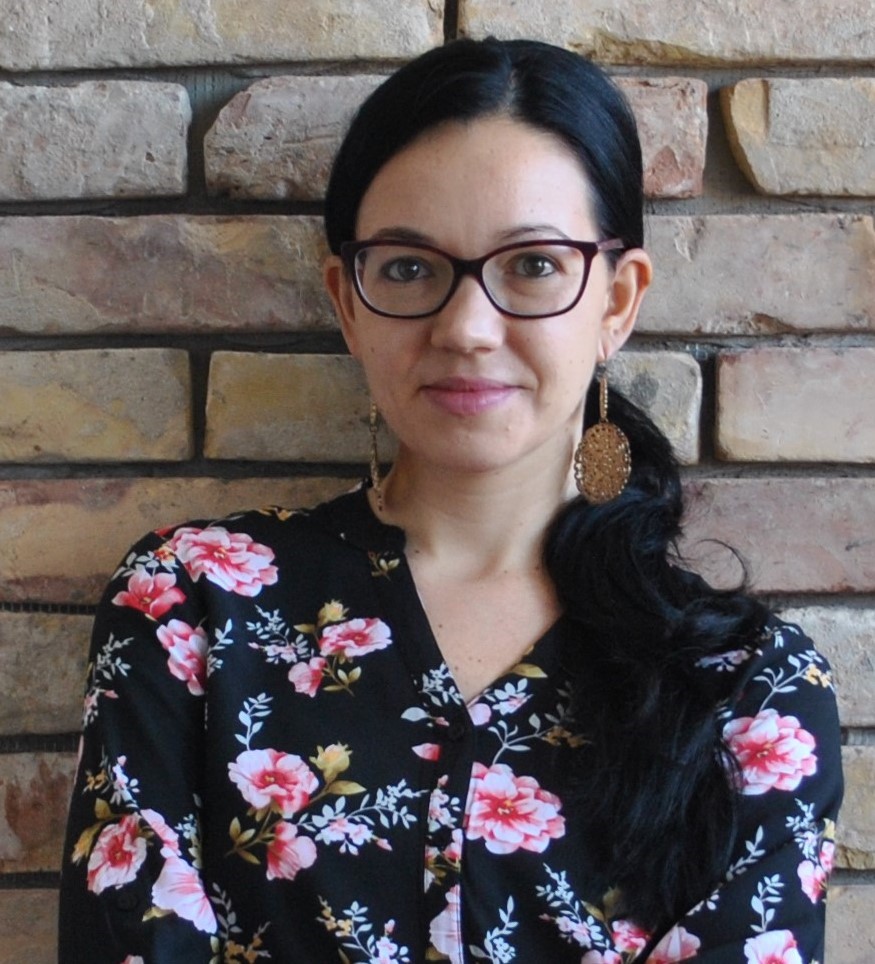
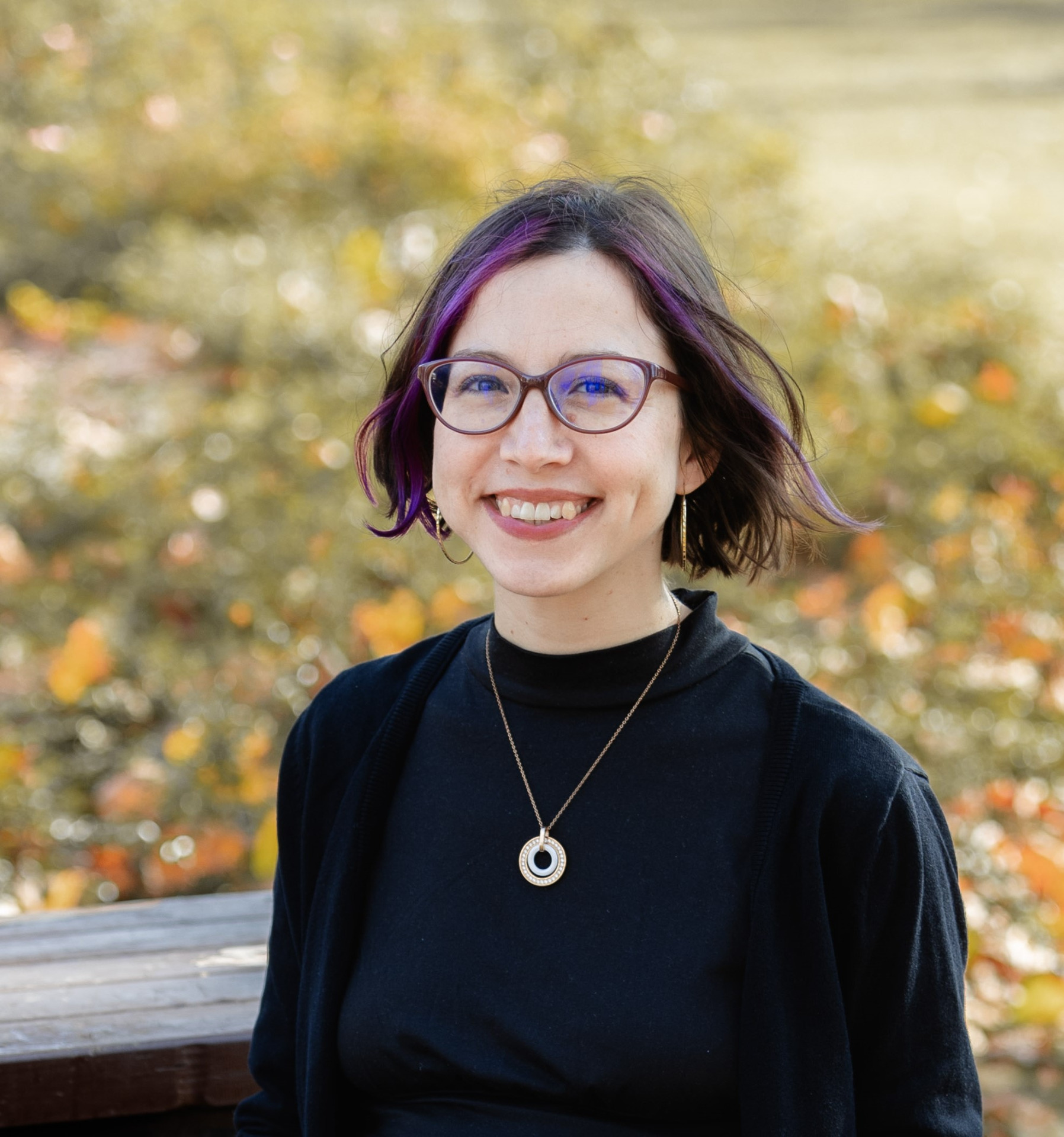
Ágnes Katalin Kelemen
Ágnes Katalin Kelemen is a social historian focusing on East Central European Jewish history and refugee history. She holds a Ph.D. in History (2019) from Central European University, an MA in nationalism studies (2014) with a specialization in Jewish studies from Central European University, and a BA (2012) in history and religious studies from Eötvös Loránd University. She wrote an Introduction and explanatory notes for a 1944 diary written by Ármin Bálint, a Jew who lived in a "protected house" and documented the persecution of Jews for his son, the literary critic György Bálint who had perished in forced labor service but was still expected to return by his family. From the autumn of 2025 Ágnes will be a lecturer at the Jewish Theological Seminary- University for Jewish Studies. Currently she is on maternity leave from the CEU Democracy Institute (Budapest), and previously she worked as a research fellow at the Masaryk Institute and Archives of the Czech Academy of Sciences.
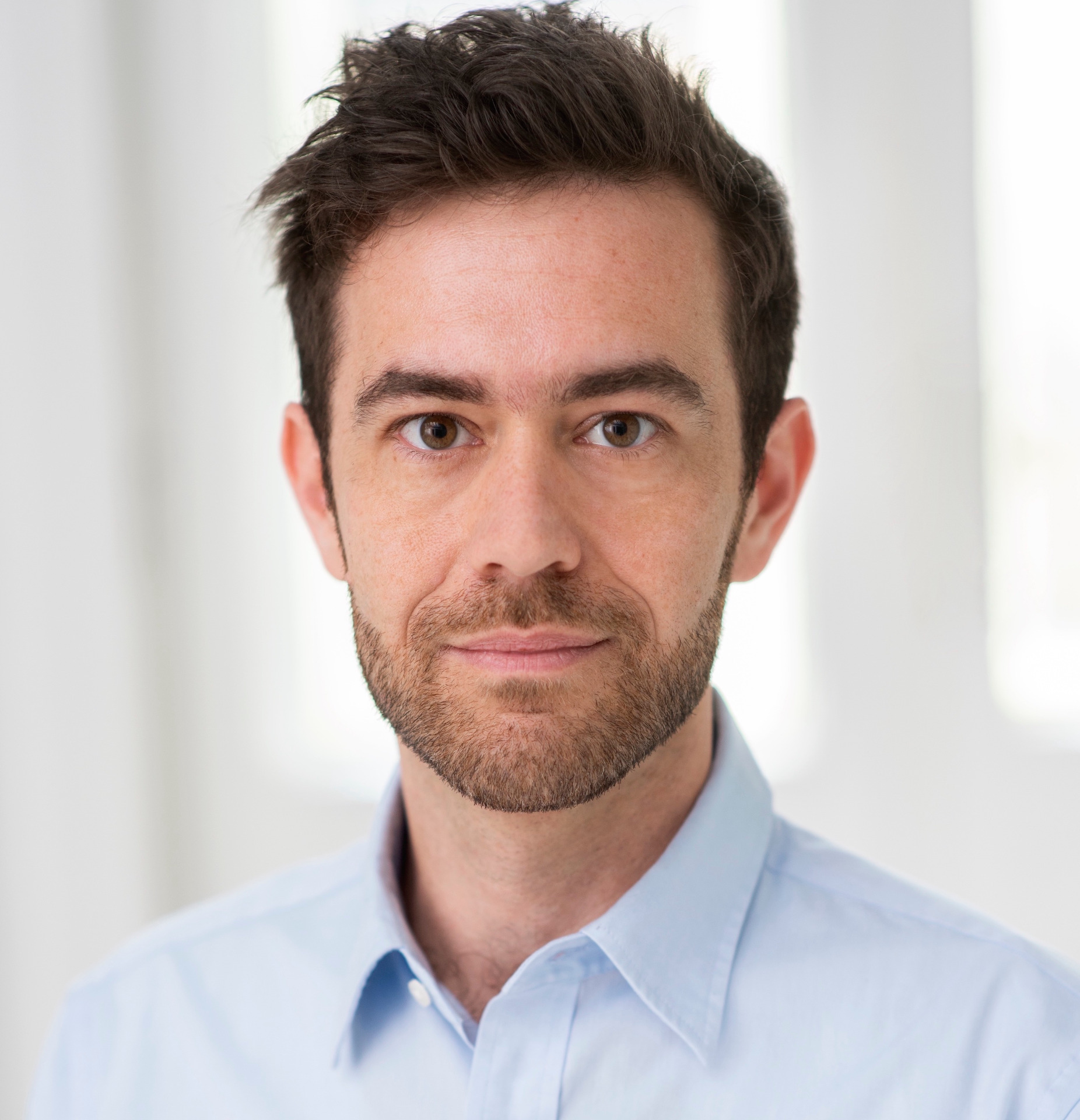
Zoltán Kékesi
Zoltán Kékesi is a historian of Central and East Central Europe with a focus on Holocaust research, Jewish history, memory studies, and fascism studies. He holds a PhD from ELTE, Budapest, and has held visiting fellowships in the United States, Germany, and Israel. He works as a research fellow at the Centre for Collective Violence, Holocaust and Genocide Studies, University College London. Contact: z.kekesi@ucl.ac.uk; www.zoltankekesi.com
Borbála Klacsmann
Borbála Klacsmann is a Holocaust historian specializing in the microhistory of the Hungarian Holocaust and the restitution and compensation of Holocaust survivors. She completed her doctoral studies at the Department of History at the University of Szeged. Previously, she had worked for the Holocaust Memorial Center in Budapest, the Yad Vashem Archives, and the Anne Frank House in Amsterdam. Currently, she is a postdoctoral researcher at the University College Dublin, the secretary of the Committee for the History of the Second World War, HAS, and the editorial assistant of Eastern European Holocaust Studies. She is the owner and editor of the Facebook history blog Holokauszttörténetek; her volume with the same title was published in 2023.
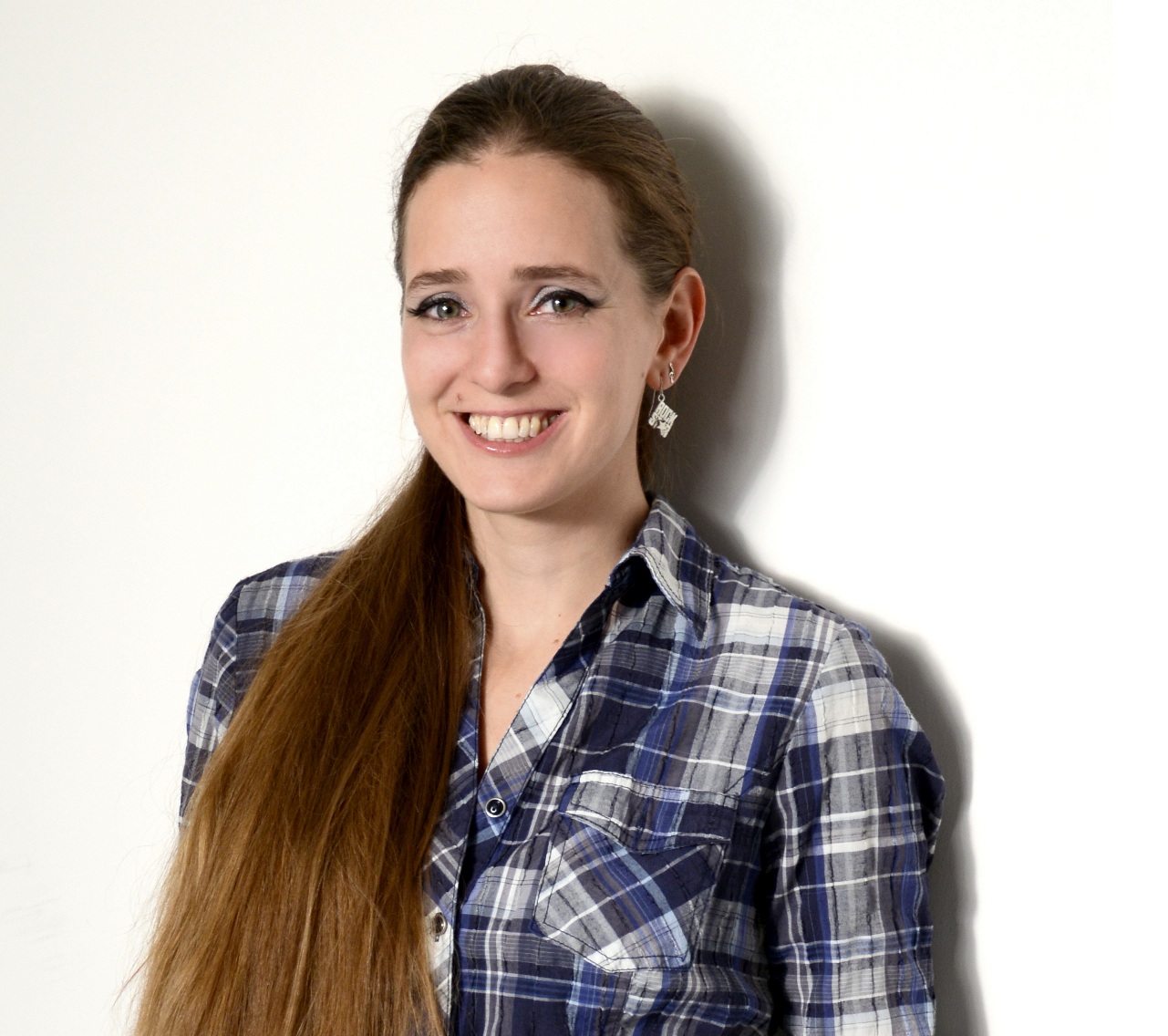
Gergely Kunt
Gergely Kunt (University of Miskolc, Hungary) social historian. His main research area is the history of mentality. He obtained his PhD at the Department of Economic and Social History, ELTE BTK (Budapest). During his doctoral studies, he started to collect privately owned, unpublished diaries through newspaper advertisements. In 2013, he defended his doctoral thesis on the comparative analysis of diaries written between the two World Wars. The book version of the dissertation, entitled Kamasztükrök (Multi-Faceted Reflections – The Diaries of Jewish and Non-Jewish Adolescents in Wartime Hungary), was published in 2017 and has been turned into a play and radio play. In 2019, his book Kipontozva (Left Unsaid... Sexual Violence in World War Two Diaries), which examines rape during the Second World War in the light of women's diaries. From 2015, he was research fellow in several research institutions in Germany, in Austria and in Hungary.
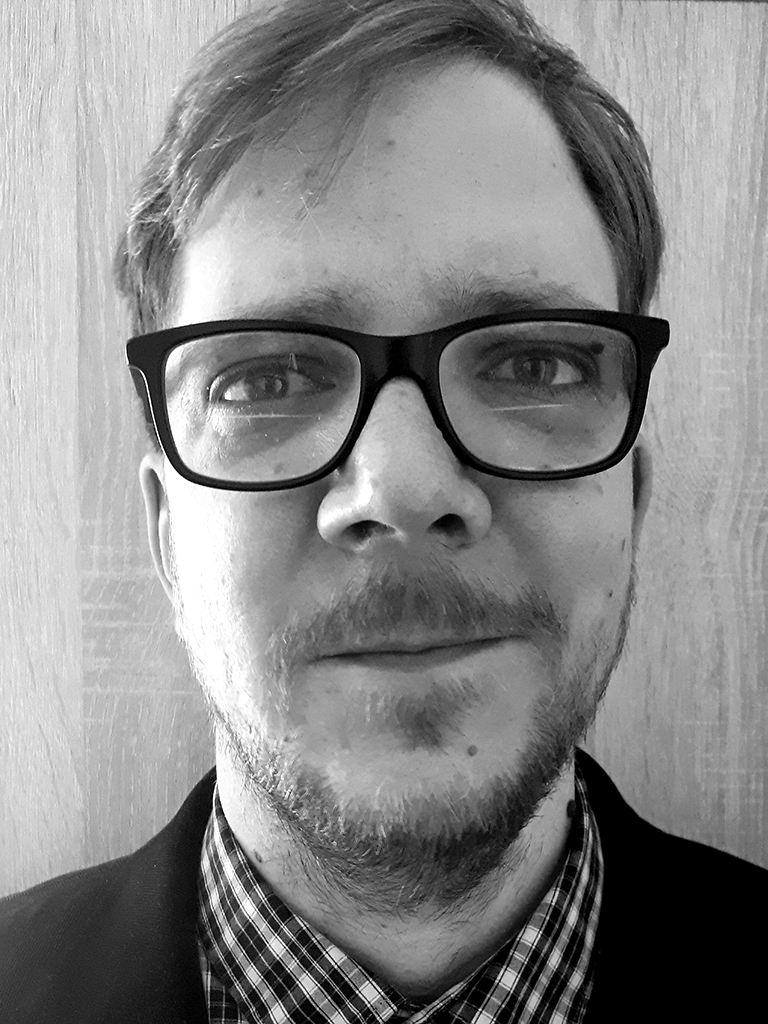
András Lénárt
András Lénárt is a historian and sociologist who serves as a researcher at the Holocaust Memorial Centre Budapest. He has been working on the memory of the Holocaust and the persecution of Jews since 2013. His book on labour service, co-authored with István Pál Ádám, "Képek takarásában. Pillanatfelvételek a munkaszolgálatról" [Behind the Images: Snapshots from the Labor Service], was published in 2024. He was one of the organizers of the CEU OSA www.csillagoshazak.hu project, the editor of holokausztfoto.hu, launched in 2019, and of jphotoarchive.org, launched in 2022. Since 2019, he has been a lecturer at the National Rabbinical and Jewish University. In 2019 and in 2021, he was a fellow at USHMM and at Institut für die Wissenschaften vom Menschen (IWM) in Vienna.
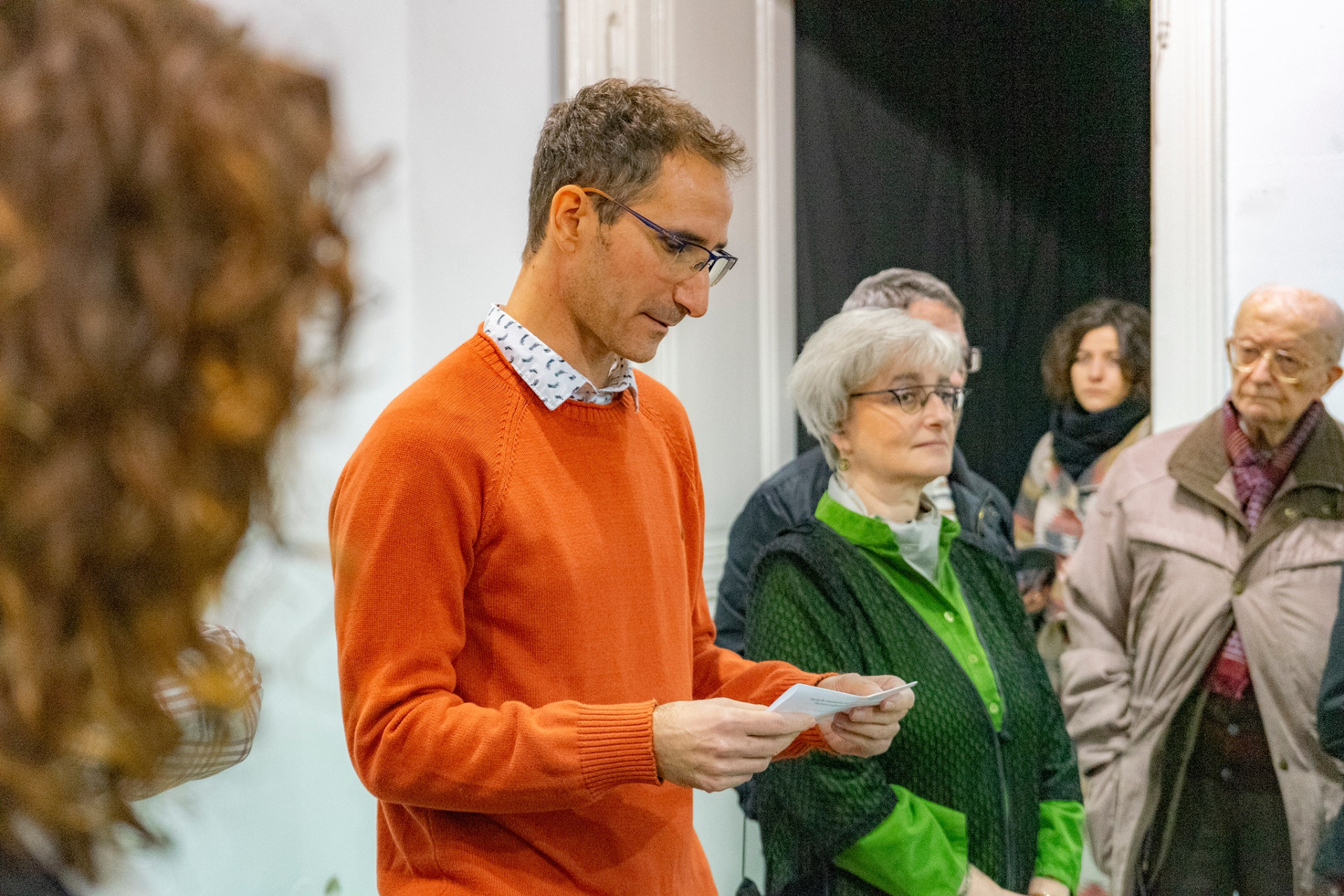
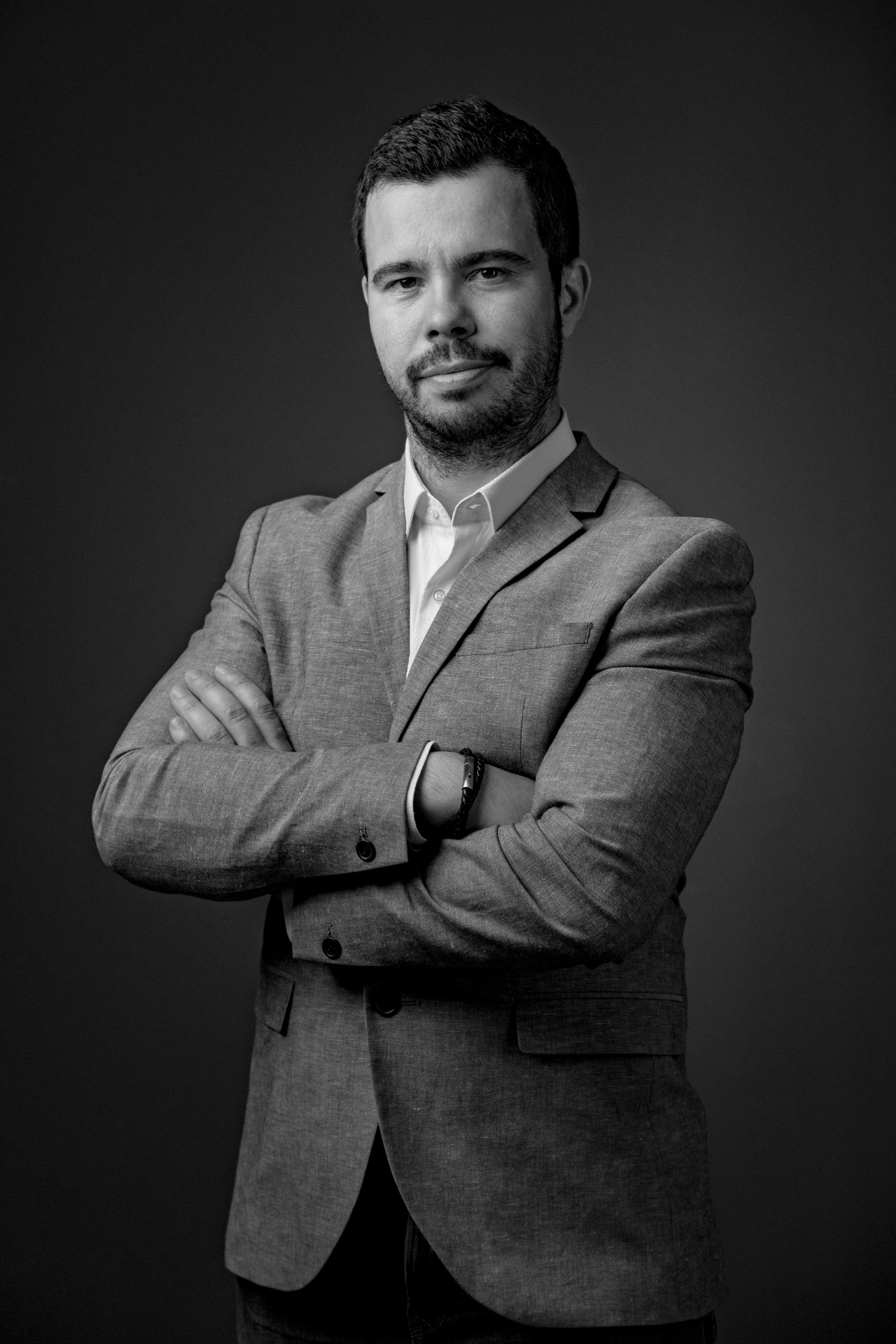
Levente Olosz
Levente Olosz was born in 1989 in Miercurea Ciuc (Csíkszereda). He completed his education in several institutions across Romania and Hungary, including Babeș-Bolyai University, Central European University, and Eszterházy Károly University, having studied at Babeș-Bolyai University in Cluj-Napoca and Central European University in Budapest. He graduated with specializations in international relations, history, and Jewish studies before earning his doctoral degree from Eszterházy Károly University in Eger in 2021. His scholarly focus centers on Holocaust-era Jewish rescue operations and resistance movements, the development of Zionism in Eastern Europe, and the cultural history of Hungarian-speaking Jewish communities in Israel throughout the 20th century. Since 2018, he has served as an editor for Transylvanian Chronicle (Erdélyi Krónika), a historical education portal, while also holding research positions at the Institute for Violence Research (formerly Clio Institute) and the Holocaust Memorial Center since 2021.
Dóra Pataricza
Dóra Pataricza is a historian and a postdoctoral researcher at Åbo Akademi University, the University of Helsinki (Finland), and the Jewish Theological Seminary – University of Jewish Studies. Her research focuses on Finnish antisemitism, as well as the Jewish history and cultural history of Szeged. From 2020 to 2024, she led a project funded by the International Holocaust Remembrance Alliance and the Claims Conference, aimed at reconstructing the list of Holocaust victims deported from Szeged and its surroundings. She is one of the editors of the journal Targum** and co-editor of the volume "The Holocaust in Hungary Eighty Years Later – New Research Directions", published by the Jewish Theological Seminary – University of Jewish Studies in 2024. In 2021, she was awarded the Immanuel Löw Prize by the Szeged Jewish Community.
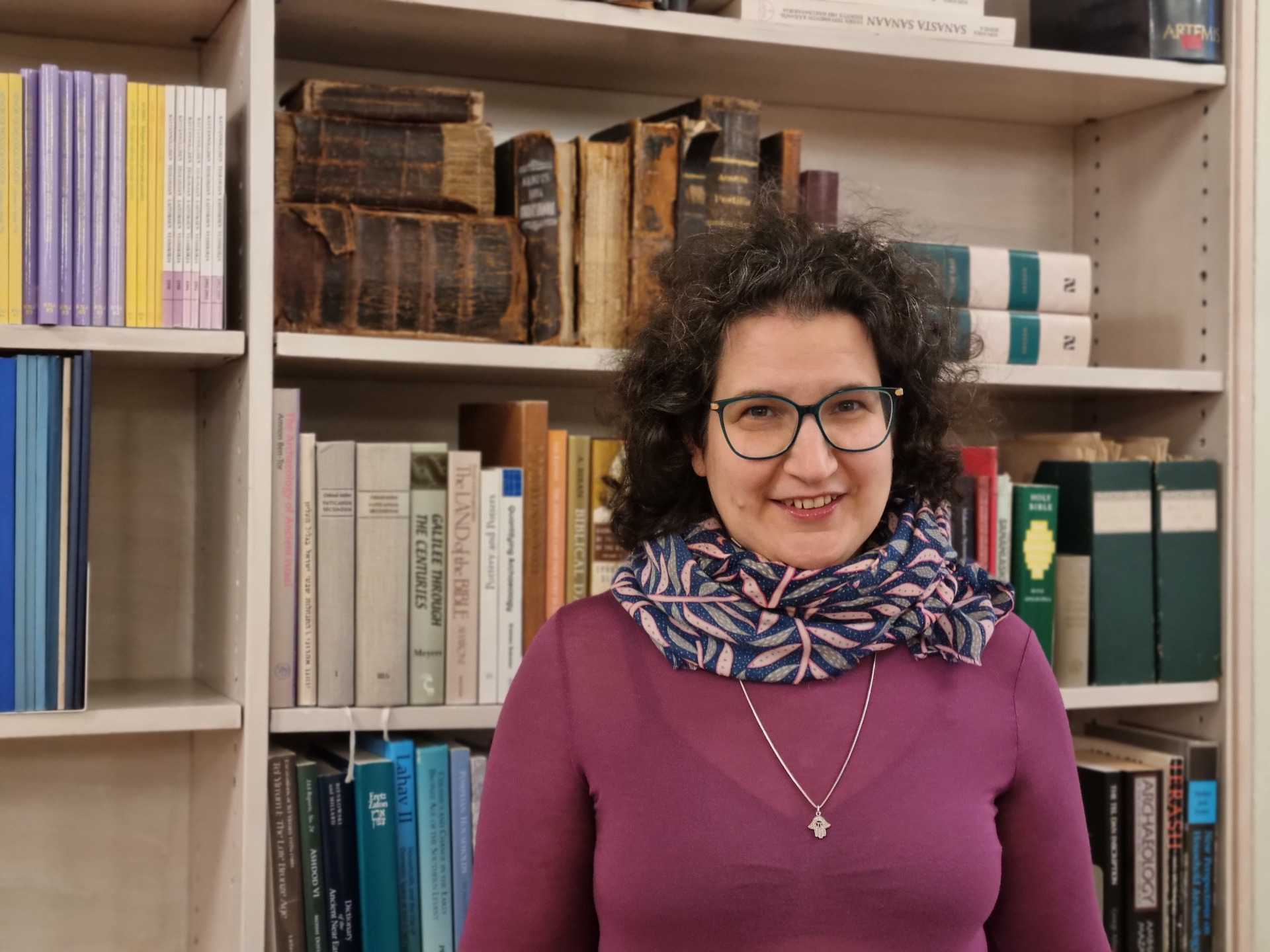
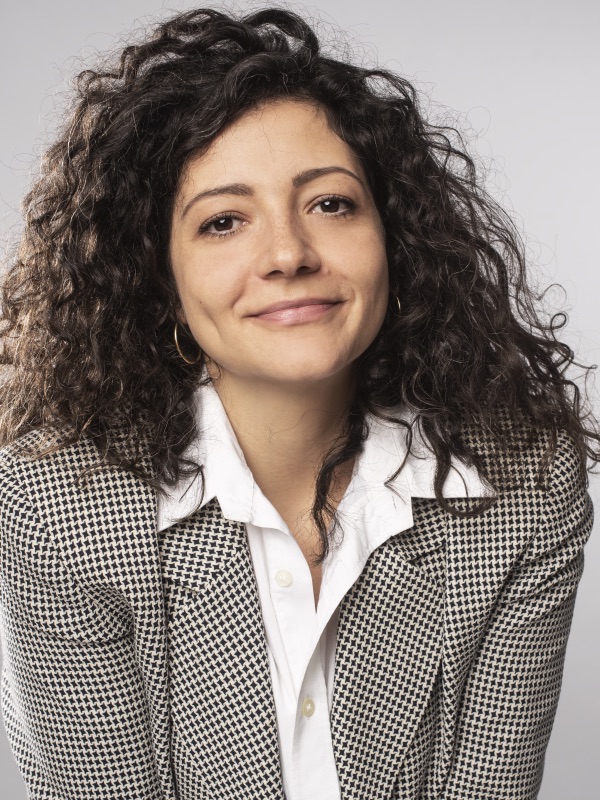
Alexandra M. Szabó
Alexandra M. Szabó is a PhD candidate in history at Brandeis University, researching the experiences of Hungarian Jews and Roma who endured sterilization and castration experiments in National Socialist concentration camps. Alexandra co-founded and served as a researcher for the interdisciplinary Digital Lens Research Group at ELTE University and has published research articles, book reviews, and book chapters in Eastern European Holocaust Studies, Cultural History (EUP), The Hungarian Historical Review, and the European Journal of Women's Studies, among other venues. She has earned numerous fellowships and awards for her research from institutions such as EHRI, the Cedars-Sinai Center for Medicine, Holocaust and Genocide Studies, the Center for Advanced Genocide Research at USC, and the United States Holocaust Memorial Museum.
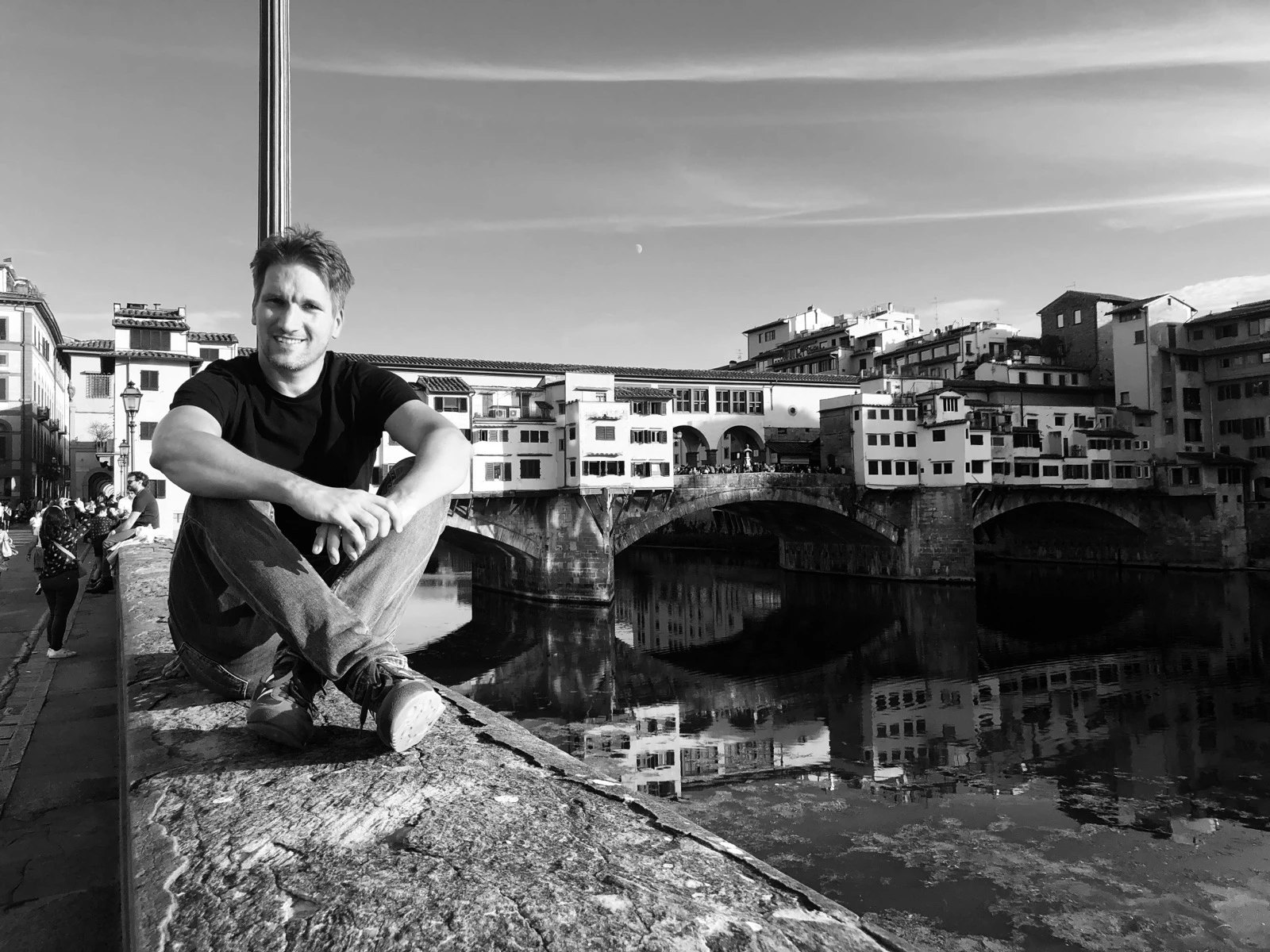
András Szécsényi
András Szécsényi, PhD, historian, research fellow at the Historical Archives of the Hungarian State Security (ÁBTL). His research covers many aspects of the Holocaust and its afterlife in Hungary. In recent years, he has been researching the history and memory of Hungarian Jews deported to Bergen-Belsen, based on researches of public collections and private archives. His new project examines the personal stories, social history and everyday life of liberated Jews rehabilitated in the refugee camps of the Swedish Red Cross in Sweden after the Second World War.
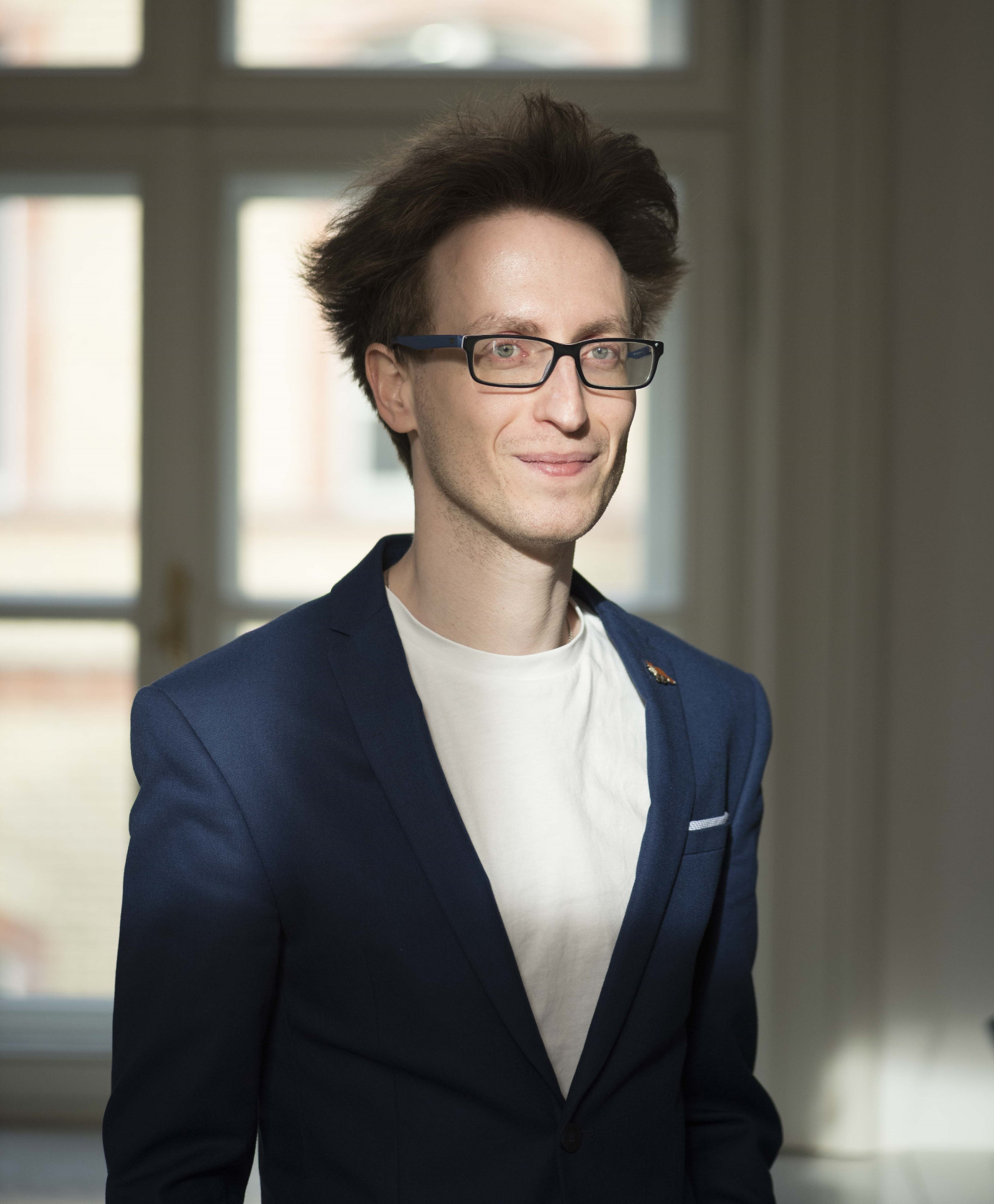
Dániel Véri
Daniel Véri is an art historian, researcher at the Museum of Fine Arts – Central European Research Institute for Art History (KEMKI) in Budapest. His research interests include Central European art from the 1945–89 period, especially the artistic reception of Jewish identity and the Holocaust, as well as cultural diplomacy and the cultural history of blood libels. His most recent exhibition and book project is Commissioned Memory: Hungarian Exhibitions in Auschwitz, 1960/1965 (https://commissionedmemory.archivum.org/).
Máté Zombory
Máté Zombory (PhD) is a sociologist. He is an Associate Professor at the Institute of Sociology, Eötvös Loránd University, and a Senior Research Fellow at the Centre for Social Sciences in Budapest. His field of interest is the historical sociology of transnational and cultural memory. He is the author of Traumatársadalom. Az emlékezetpolitika történeti-szociológiai kritikája [Trauma Society. A Historical-Sociological Critique of the Politics of Memory] (2019) and Maps of Remembrance. Space, Belonging and Politics of Memory in Eastern Europe (2012). Currently, he is working on the history of antifascist memory and politics, and on the Cold War history of Holocaust documentation.
